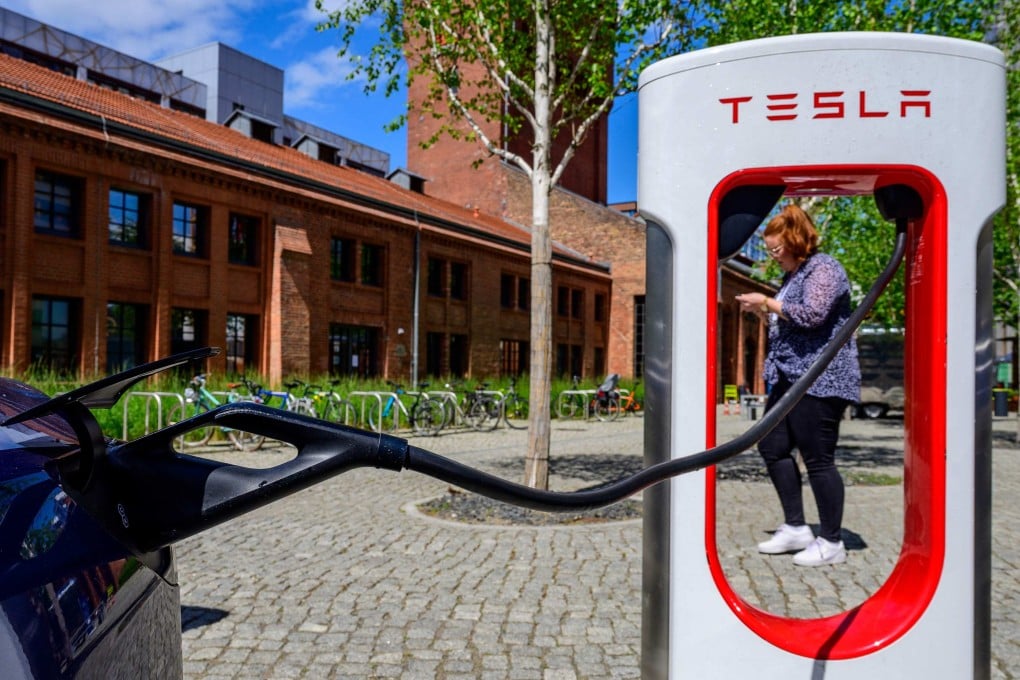The View | ESG is not a scam, but much work remains to define and standardise it
- The lack of a coordinated approach to define these now common corporate obligations is confusing investors, and the reliance on self-reporting makes it easier for companies to resort to greenwashing
- Elon Musk’s anger at Tesla being dropped by an ESG index is not without basis

Thus, eyebrows were raised when Tesla boss Elon Musk called ESG a “scam” after the company was dropped from the S&P 500 ESG index, pointing out that oil giant ExxonMobil remains on the list. Meanwhile, according to MSCI’s ESG Ratings and Climate Search Tool, for example, Tesla has an “A” rating.
Take it from billionaire activist investor Carl Icahn, who has called Wall Street’s ESG efforts “the biggest hypocrisy of our time”, with loopholes for companies to cash in without concern for actual societal impact. Social Capital founder and CEO Chamath Palihapitiya even went so far as to call ESG investing a “complete fraud”, a “joke”, and “a lot of sizzle, no steak”.
Despite its relevance to a more sustainable global economy, ESG has come under a lot of criticism, some of it legitimate. The main problem is the lack of a coordinated and standardised approach to define it.

